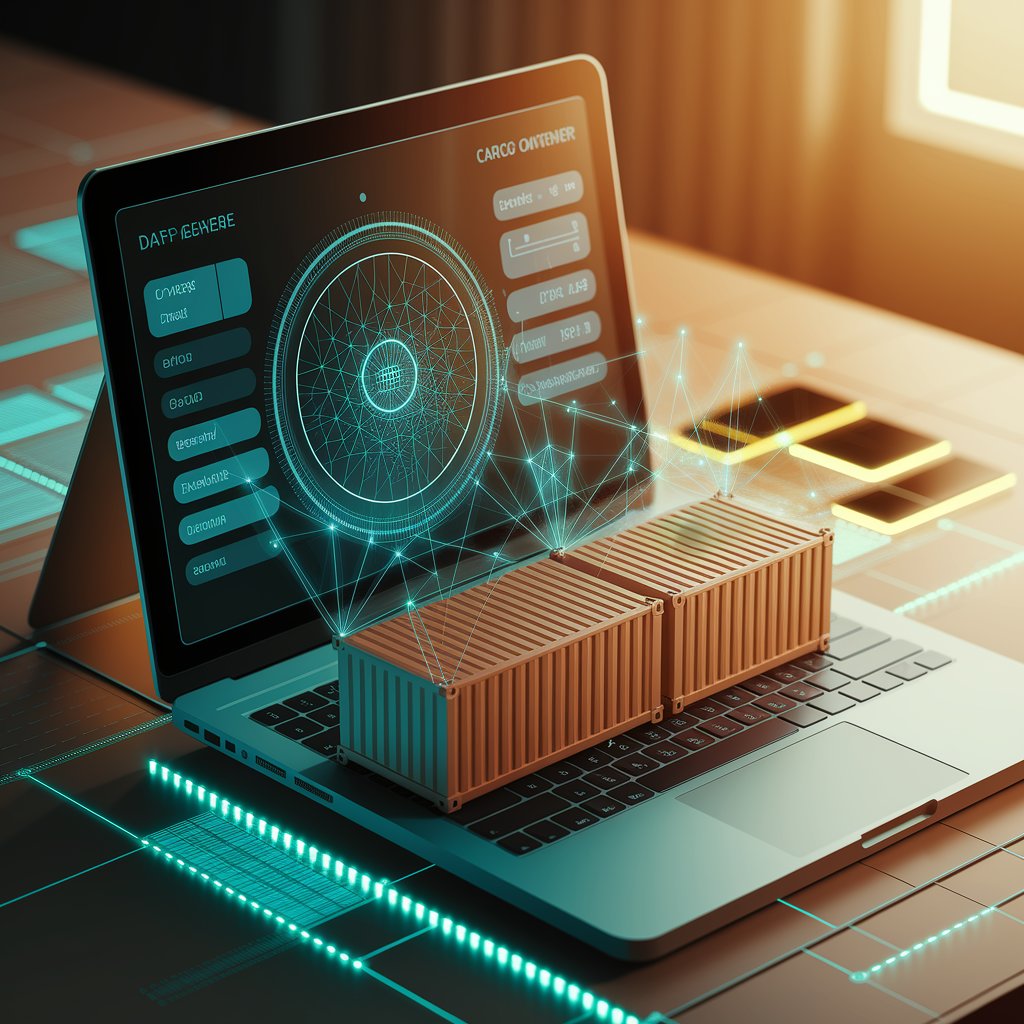Digital Cargo Tracking: Enhancing Visibility in Global Logistics

Introduction
This is where digital cargo tracking provides a decisive advantage. By using IoT sensors, GPS, and cloud-based platforms, companies gain accurate, live visibility into shipments, improving decision-making, reducing risk, and creating a stronger customer experience.
What Is Digital Cargo Tracking?
Digital cargo tracking is the use of technology-driven platforms to monitor and report cargo status in real time. Unlike manual or legacy tracking systems, digital solutions provide continuous updates on shipment location, conditions, and estimated arrival times.
It integrates seamlessly with transportation management systems (TMS), warehouse systems (WMS), and customer portals—ensuring all stakeholders have access to accurate information anytime.

Key Features
- Real-Time GPS Updates: Continuous monitoring of shipment location.
- Condition Monitoring: IoT sensors track temperature, humidity, and security.
- Automated Notifications: Alerts for delays, rerouting, or incidents.
- Integrated Dashboards: Centralized view across multimodal shipments.
- Data Sharing: Easy access for customers, partners, and regulators.
Benefits for Logistics Providers
- Transparency: Build client trust with live visibility.
- Efficiency: Reduce delays and optimize resource allocation.
- Risk Management: Detect and resolve issues instantly.
- Cost Reduction: Minimize losses from theft, spoilage, or misrouting.
- Customer Satisfaction: Provide predictable, transparent delivery timelines.

Real-World Applications
- Freight Forwarders: Share live shipment data with global clients.
- Carriers: Monitor fleets and maximize asset utilization.
- 3PL Providers: Deliver branded visibility dashboards as value-added services.
- E-commerce Logistics: Offer customers live package tracking.
- Cold Chain Logistics: Protect sensitive cargo like food and pharmaceuticals.
The Future of Digital Cargo Tracking
The future of digital cargo tracking will be powered by AI, blockchain, and predictive analytics. AI will predict disruptions before they happen, blockchain will secure shipment data against tampering, and predictive models will forecast ETAs with unmatched accuracy. Tracking will evolve from visibility to intelligent logistics orchestration, enabling self-correcting supply chains.

Conclusion
Digital cargo tracking is redefining global logistics by delivering transparency, efficiency, and trust. From live GPS updates to IoT-enabled condition monitoring, it empowers providers to reduce risks and delight customers with reliable service. For companies competing in a digital-first marketplace, adopting cargo tracking systems is not just an improvement—it’s the foundation for smarter, more resilient supply chains.
